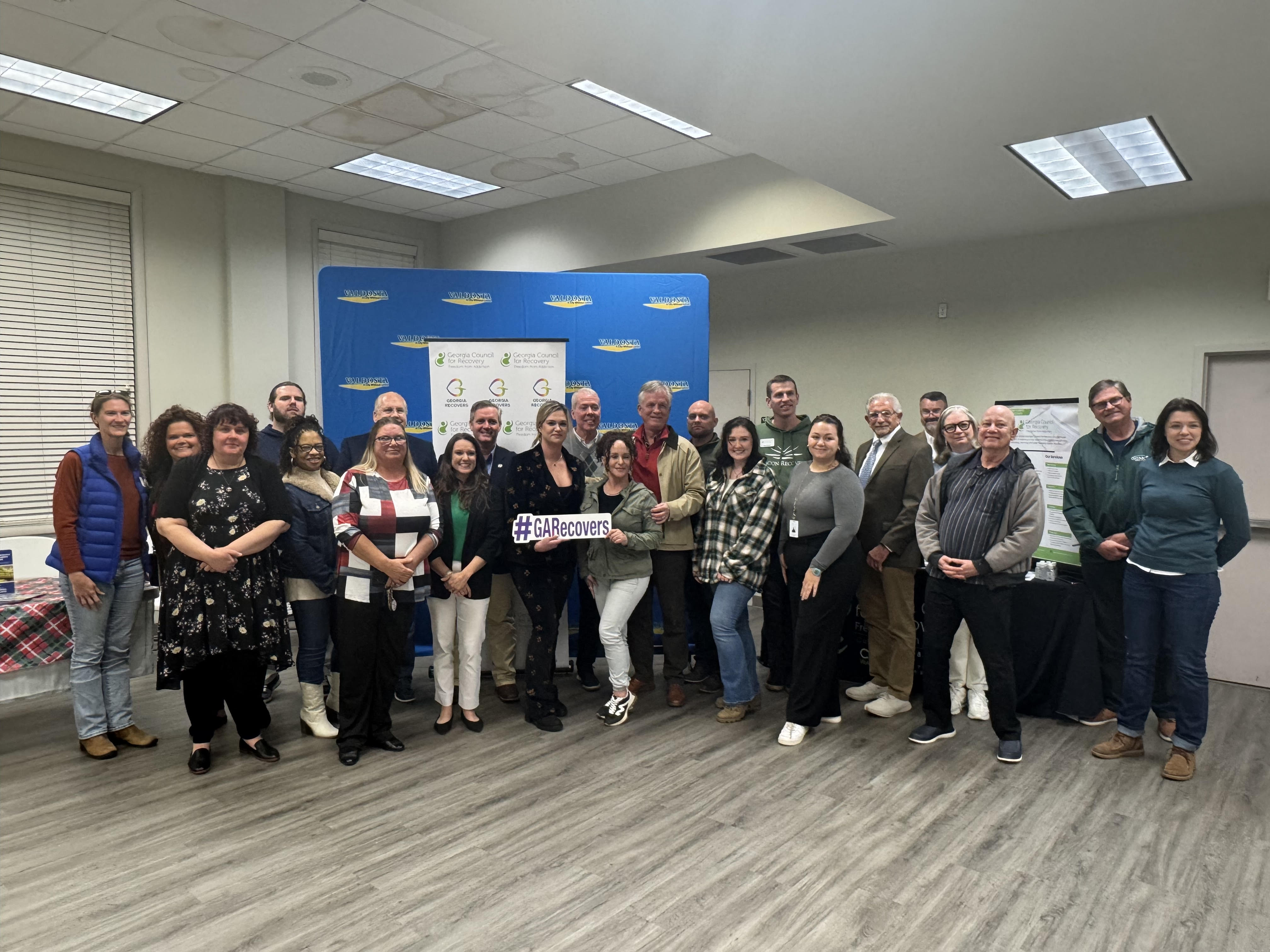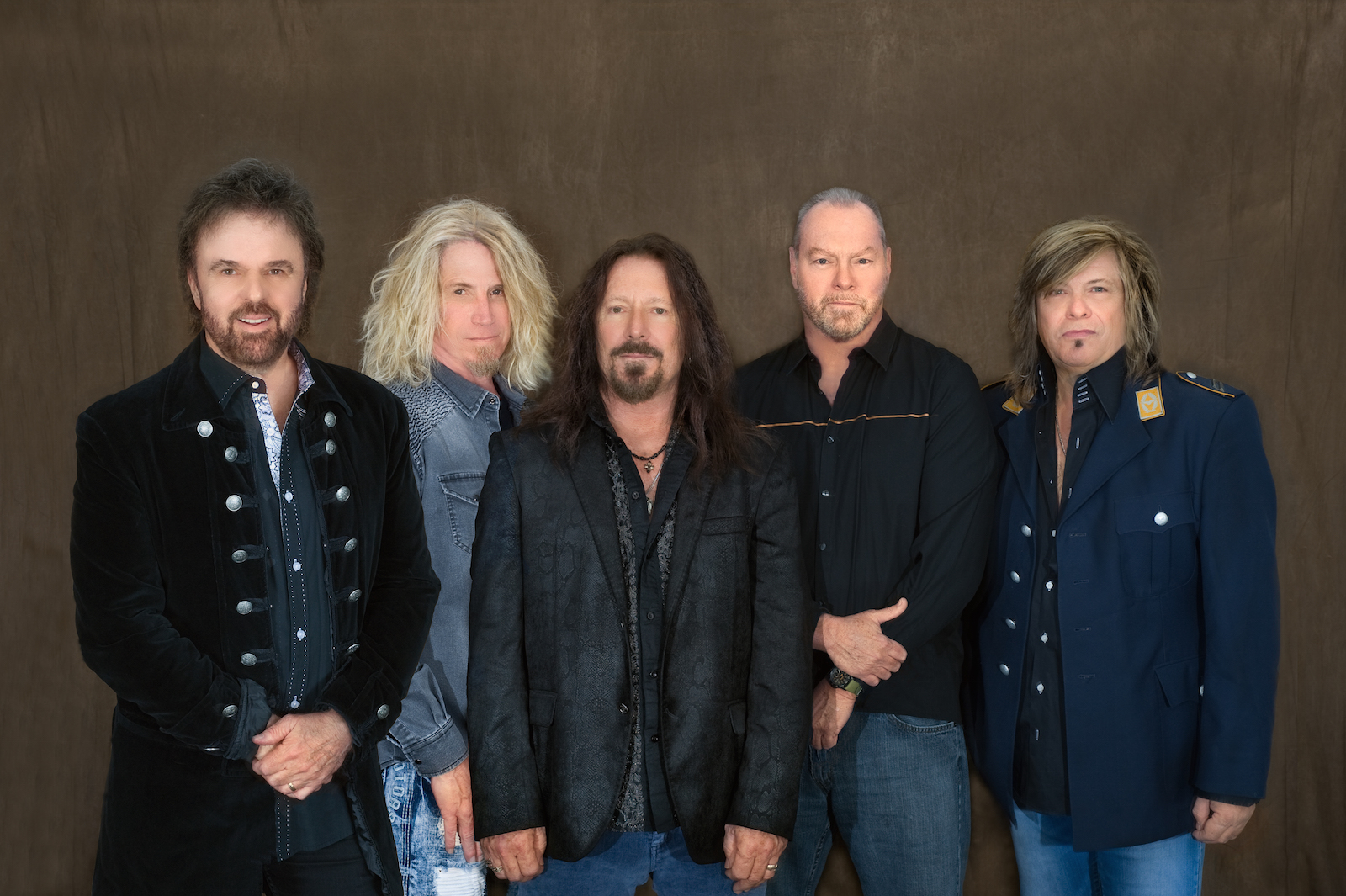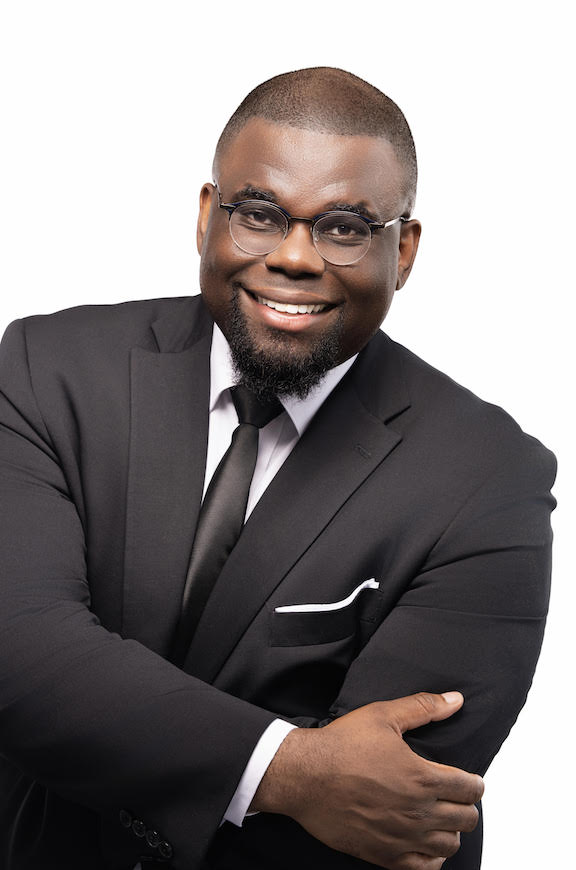Valdosta hosts fentanyl crisis forum: Leaders and advocates unite for discussions
Published 11:21 am Friday, December 13, 2024
VALDOSTA — Bridgeway Recovery Center and the Georgia Council for Recovery hosted an event on Wednesday evening at the Valdosta City Hall Annex to address the growing fentanyl crisis.
The gathering brought together local leaders, advocates, and community members for an open dialogue on the devastating impact of fentanyl in Georgia.
The event, part of a series of meetings called “Fentanyl and Georgia: A Conversation,” featured a distinguished panel that included state Sen. Russ Goodman, Mayor Scott Matheson, addiction specialist Dr. Robert Bryan, opioid awareness advocates Gus and Alice Walters, Registered Nurse Andy Gish, Vice President of Network Development at SGMC Health Jim Zacharias, and Laurisa Guerrero, executive director of the Georgia Council for Recovery.
Trending
The event was built around a series of hard-hitting questions that sparked thought-provoking discussions among the panelists. These questions centered on addressing the fentanyl crisis from various angles, including prevention, accountability, and systemic change.
Panelists agreed that combating the fentanyl epidemic requires multiple approaches. Dr. Robert Bryan emphasized that stopping the supply is an important step, but taking care of those already addicted will require awareness and accessibility to proper treatment for those affected.
Panelists like Gish and Guerrero emphasized the importance of reducing demand in the United States. They also highlighted the need to support individuals in finding alternatives to drugs for issues such as anxiety and depression. Goodman highlighted the importance of dismantling the powers at play that manufacture the drugs that come into the country.
“I think we have to invest a lot more in research, and we have to look at more ways to hold these folks that are spreading this stuff accountable,” stated Goodman.
A contentious question during the event was determining accountability in cases involving fentanyl and drug-related deaths. Panelists discussed whether friends or family who share drugs should face severe punishment. Advocates like Gish noted that certain cases of criminalizing individuals could discourage people from seeking help or calling for medical assistance in emergencies.
Goodman added that harsher penalties for traffickers and manufacturers are necessary and the importance of discretion in law.
Trending
“If you got a 17-year-old kid, and he gives his best friend a pill, that is one thing, but if you’re that person that has killed three people and is still selling drugs, that’s an entirely different matter,” he said, emphasizing the need for judicial discretion.
The discussion also addressed the international aspect of the fentanyl crisis. Goodman pointed to the influx of the means to make fentanyl from China and their synthesis in Mexico before crossing U.S. borders. He called for bipartisan efforts to strengthen border security and invest in advanced scanning technology to intercept shipments.
The event’s final discussion question was on the business community’s role in overdose prevention. Panelists overwhelmingly supported the idea of businesses stocking opioid reversal kits alongside fire extinguishers and automated external defibrillators (AEDs).
Guerrero added that having such kits in visible locations could help reduce the stigma around addiction and normalize the idea of overdose prevention as part of community safety.
The event concluded with an open forum, during which audience members had the chance to ask questions directly to the panelists. Community members voiced concerns, shared personal experiences, and sought clarity on specific strategies to address the fentanyl epidemic.
As the event concluded, Mayor Matheson and other leaders pledged ongoing efforts to address the crisis and reduce the stigma. Goodman promised to advocate for more recovery resources and harsher penalties for traffickers at the state level.






